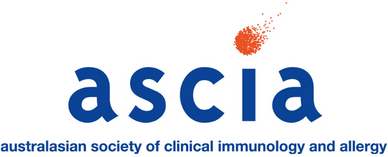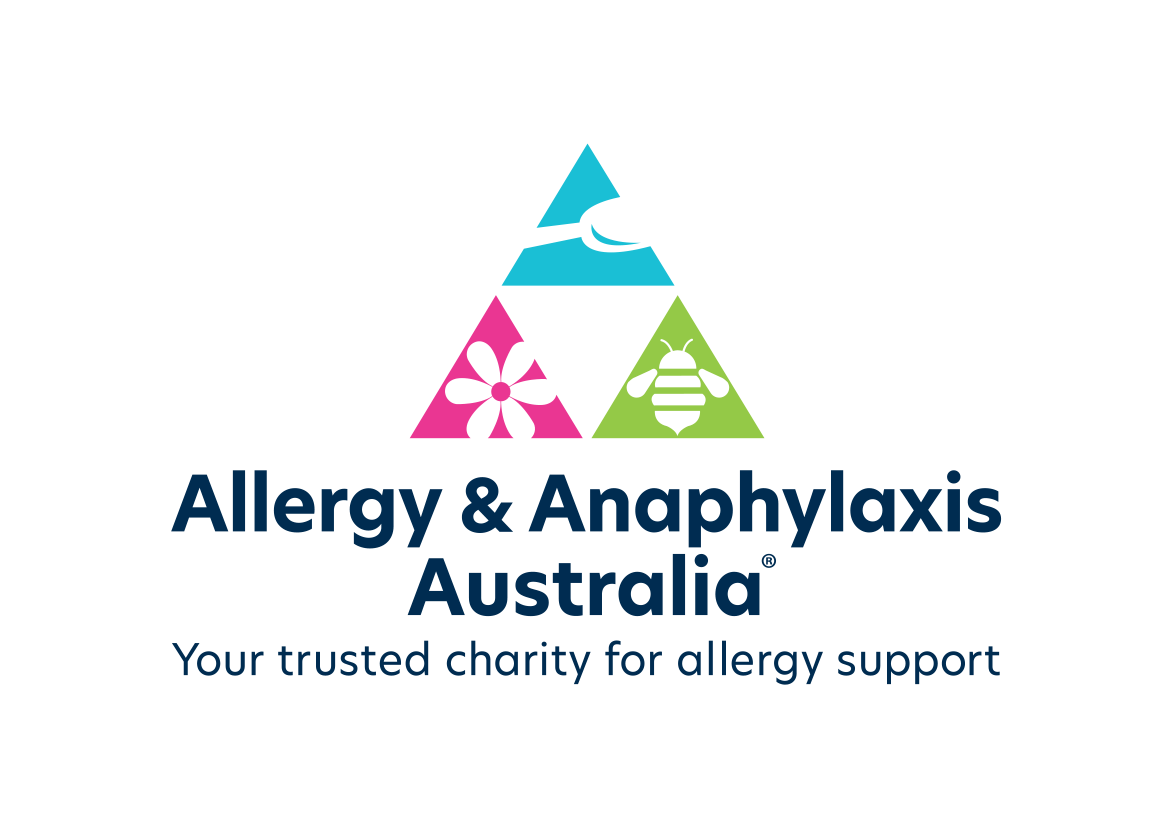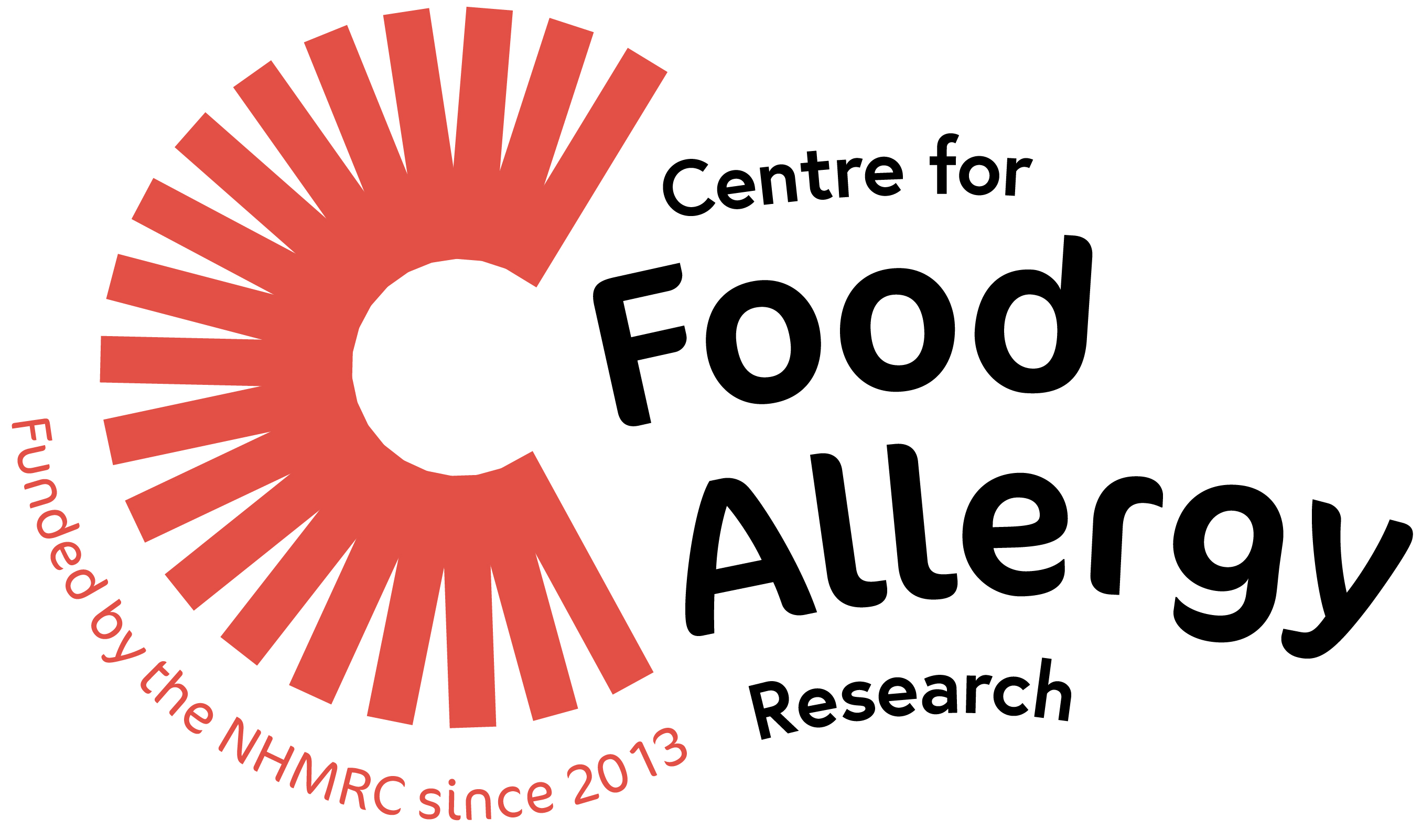NACE drug and food allergy PhD Scholars advance research
- Published
- Wednesday, February 14, 2024 - 9:00 AM

National Allergy Centre of Excellence (NACE) PhD Scholars Elise Mitri and Sophie Rosser and have driven investigations forward in their fields of allergy research both having their work published in international journals.
Elise, a drug allergy researcher and pharmacist, explored practices and approaches used in low-risk penicillin allergy delabeling.
 “One in 10 Australians report having a penicillin allergy, yet when tested, many are found to no longer be allergic to penicillin or were never truly allergic in the first place,” Elise said.
“One in 10 Australians report having a penicillin allergy, yet when tested, many are found to no longer be allergic to penicillin or were never truly allergic in the first place,” Elise said.
“A penicillin allergy can put people at risk of receiving inferior or second-line antibiotics, increases the chance of a prolonged hospital stay and readmission, and also increases the risk of developing resistant bacterial infections.”
Elise’s systematic review showed direct oral challenge (DOC) is being increasingly used to test and delabel low-risk penicillin allergy in adult and paediatric patients across the world. However, literature demonstrates significant variability in the criteria used to define low-risk penicillin allergy and in the approach to undertaking penicillin DOC, including choice of drug, dose, observation period and healthcare discipline(s) involved.
“To help implement penicillin DOC programs into health services, including as part of routine antimicrobial stewardship care, further research is needed to establish a standardised approach to the safe delivery of penicillin DOC, particularly in areas where there is a paucity of data, such as low-middle income countries and rural areas,” said Elise, who is supervised by NACE Drug Allergy Stream Co-chair Professor Jason Trubiano.
 Meanwhile, Sophie’s food allergy research – published by Clinical & Experimental Allergy – showed, girls and women with food allergy report lower health-related quality of life. However, caregiver gender did not impact the proxy-reported quality of life of children.
Meanwhile, Sophie’s food allergy research – published by Clinical & Experimental Allergy – showed, girls and women with food allergy report lower health-related quality of life. However, caregiver gender did not impact the proxy-reported quality of life of children.
“We know the greatest impact of food allergy for patients and their families is a reduced health-related quality of life,” Sophie and her PhD Supervisor Professor Mimi Tang told Healio.
With limited research into how patient demographic factors, especially gender- and sex-related factors, might affect quality of life in people living with food allergies, this review could help shape the design of future research.
Read more about our NACE PhD Scholars’ projects.





